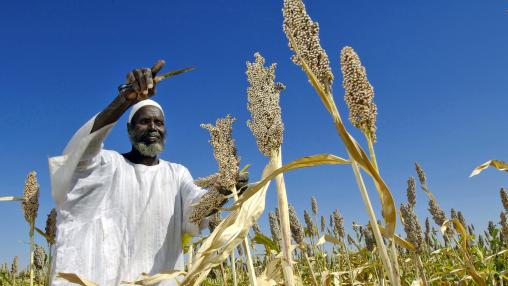
Hunger on the rise across Africa: 2025 State of Food Security and Nutrition in the World report
While declining globally, hunger continued to rise across Africa in 2024. An estimated 307 million people in the region, or more than 20 percent of the region’s population, experienced hunger, according to the 2025 State of Food Security and Nutrition in the World report. This was up from just under 19 percent in 2022 and from 17.4 percent in 2019 before the outbreak of the COVID-19 pandemic. Since 2015 when the 2030 Sustainable Development Goal Agenda was released, hunger has increased in the region by 113 million people.
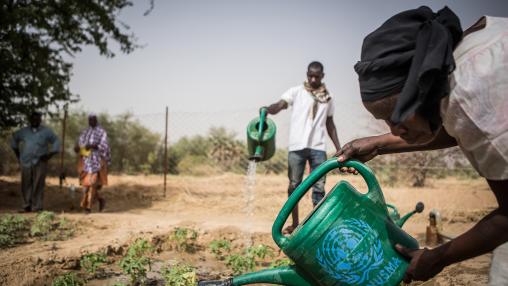
Policies to Reduce High-Risk Coping Mechanisms: Evidence from Mali
How households respond to systemic shocks—food price volatility, seasonal fluctuations in agricultural production, conflict, pandemics, and extreme weather events—can play an important role in long-term food security, economic stability, and resilience at both the household and the societal level. A new project paper from the CGIAR Initiative on Fragility, Conflict, and Migration finds that in Mali, the coping mechanisms households resort to in the face of such shocks are often high-risk and reactionary.
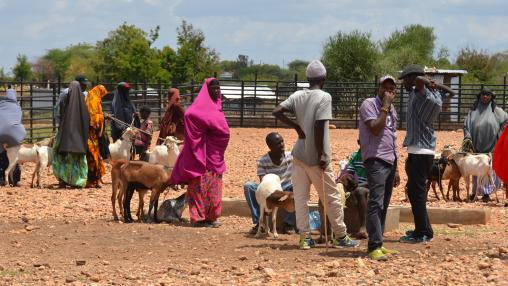
Reinforcing pastoralism in the Sahel and West Africa: A decade of progress and the path forward
Pastoralism has long been a hallmark of the cultural, social, and economic landscapes of the Sahel and West Africa, sustaining the livelihoods of over 20 million people. This age-old practice contributes nearly 15% to the GDP of Sahelian countries, serving not only as an economic mainstay but also fostering peace and resilience within communities. However, the sustainability of pastoralism is increasingly threatened by various external pressures, making robust global support essential to help the region adapt to the changing conditions.
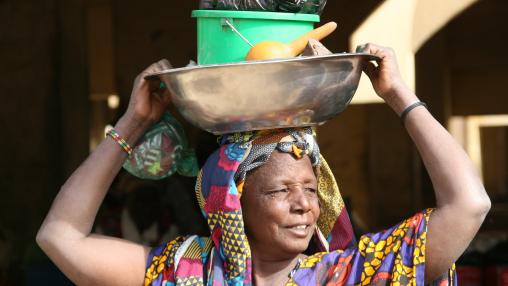
The ECOWAS breakup: Implications for West African food security and regional cooperation
On January 28, the Economic Community of West African States (ECOWAS) will lose three of its founding members—Burkina Faso, Mali, and Niger—comprising 16% of its population of 424 million and 7% of its GDP. Labeled “Sahelexit” by some commentators, the decision to leave ECOWAS was first announced a year ago by the three countries’ trio of military leaders and is now poised to legally take effect.

The ECOWAS breakup: Implications for West African food security and regional cooperation
On January 28, the Economic Community of West African States (ECOWAS) will lose three of its founding members—Burkina Faso, Mali, and Niger—comprising 16% of its population of 424 million and 7% of its GDP. Labeled “Sahelexit” by some commentators, the decision to leave ECOWAS was first announced a year ago by the three countries’ trio of military leaders and is now poised to legally take effect.
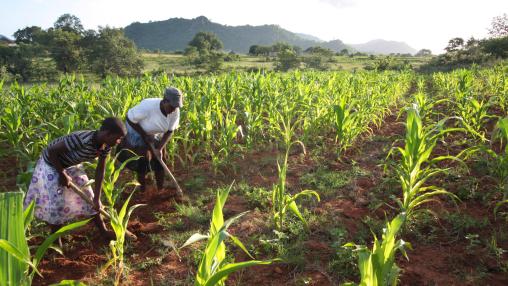
Commercialization carries both benefits and challenges for agricultural households
Creating opportunities to more effectively link farmers in Africa south of the Sahara with local, regional, and global markets has become a key development focus in recent years. However, questions remain about the impacts that increased agricultural commercialization may have on household food consumption and food and nutrition security. A recent article in Food Security examines such impacts in Ghana, Tanzania, Nigeria, and Zimbabwe and finds both positive and negative trade-offs to increased market integration.
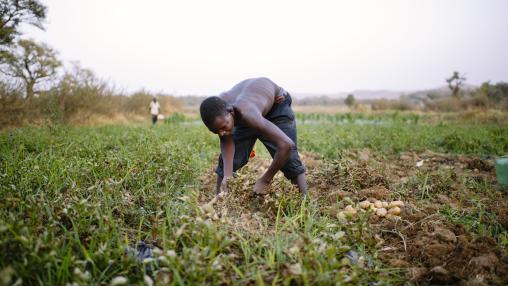
Challenges Remain for Trade Integration in West Africa
Since its establishment in 1975, the Economic Community of West African States (ECOWAS) has been a regional economic community (REC) success story, enabling free movement of people and enhancing trade integration across its 15 member states. When it comes to the movement of agricultural goods, however, ECOWAS continues to be hampered by regional conflict, political instability, corruption, poor infrastructure and logistical capabilities, and the lack of a common regional currency.
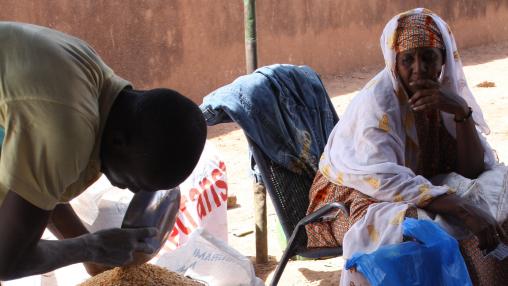
SSA Continues to Face Increasing Acute Food Insecurity: 2024 GRFC Mid-Year Update Released
Africa south of the Sahara has continued to face alarmingly high levels of acute food insecurity in 2024, according to the Global Report on Food Crises (GRFC) Mid-Year Update. This includes populations in IPC Phase 5 (Catastrophe) food insecurity in Sudan, South Sudan, and Mali, with famine plausible in some areas of Sudan.
As in previous years and reported in the April release of the GRFC, conflict, extreme weather events, economic shocks, and forced displacement of large populations have driven worsening food and nutrition security outcomes across the continent.
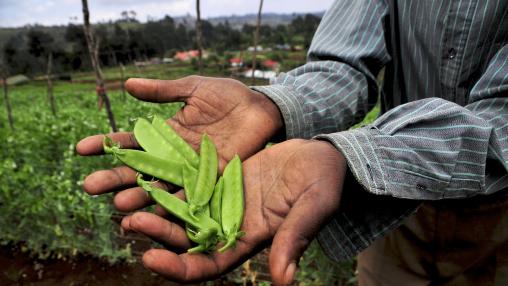
Leveraging the Potential of Ghana's Food System
Malnutrition—including undernutrition, micronutrient deficiencies, overweight, obesity, and diet-related non-communicable diseases (NCDs)—poses a staggering challenge to health, food security, and economic growth outcomes around the world. In Ghana, an estimated 256.1 million people experienced hunger and 240 million were undernourished in 2018. At the same time, rates of obesity and diet-related NCDs in the country have risen significantly—from just 10 percent of Ghanaian adults in 1993 to 40 percent in 2015.
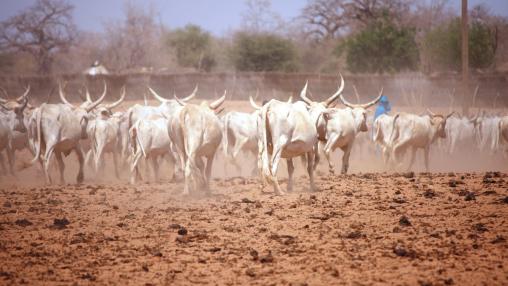
Acute Food Insecurity Expected to Rise in West Africa and the Sahel
Food insecurity is escalating in West Africa and the Sahel region, according to the latest Regional Report on Food Security and Nutrition in West Africa and the Sahel (RRSAN) from the Food Security Information Network (FSIN). Between June and August 2024, as many as 50 million people across 16 countries could face CH Phase 3 (Crisis) or above food insecurity.